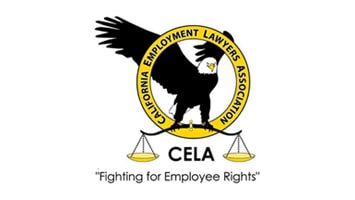Your employer just gave you marching orders and you are trying to wrap your mind around being jobless. You have been a diligent employee. So why have you lost your job?
If you believe your dismissal breached the terms of your employment contract or the California and federal employment laws, then you may be a victim of wrongful termination. In this case, you may consider legal action against your employer.
Types of wrongful termination claims
There are generally three types of wrongful termination at work:
- When the employer terminates your contract without cause but fails to pay your terminal benefits.
- When the employer inappropriate releases you from your role without paying any compensation.
- When an employer “constructively” dismisses you by altering your employment terms and conditions thus creating a hostile work environment.
So what should you do if you are wrongfully terminated?
There is no cut-and-dried answer to this question. That said, here are important steps you should take if you are wrongfully dismissed from your role:
Get important documents together
It is important that you put together the relevant documentation that backs up your wrongful termination claim. Some of the evidence that may strengthen your case includes statements from fellow employees who might have witnessed the discrimination and email and any other correspondence between you and your former employer.
Contact the Equal Employment Opportunity Commission (EEOC)
Typically, you have six months (180 days) from the date of termination to file a wrongful termination claim against the employer. You can also file a wrongful termination claim with the Department of Fair Employment and Housing (DFEH). For this, you have 12 months from your dismissal date to file your claim. It is important that you keep these timelines in mind while pursuing your wrongful termination lawsuit.
Being wrongfully dismissed from your job can be devastating, especially if you are the sole breadwinner in your household. Fortunately, you can take appropriate steps to protect your rights and interests after the dismissal.





